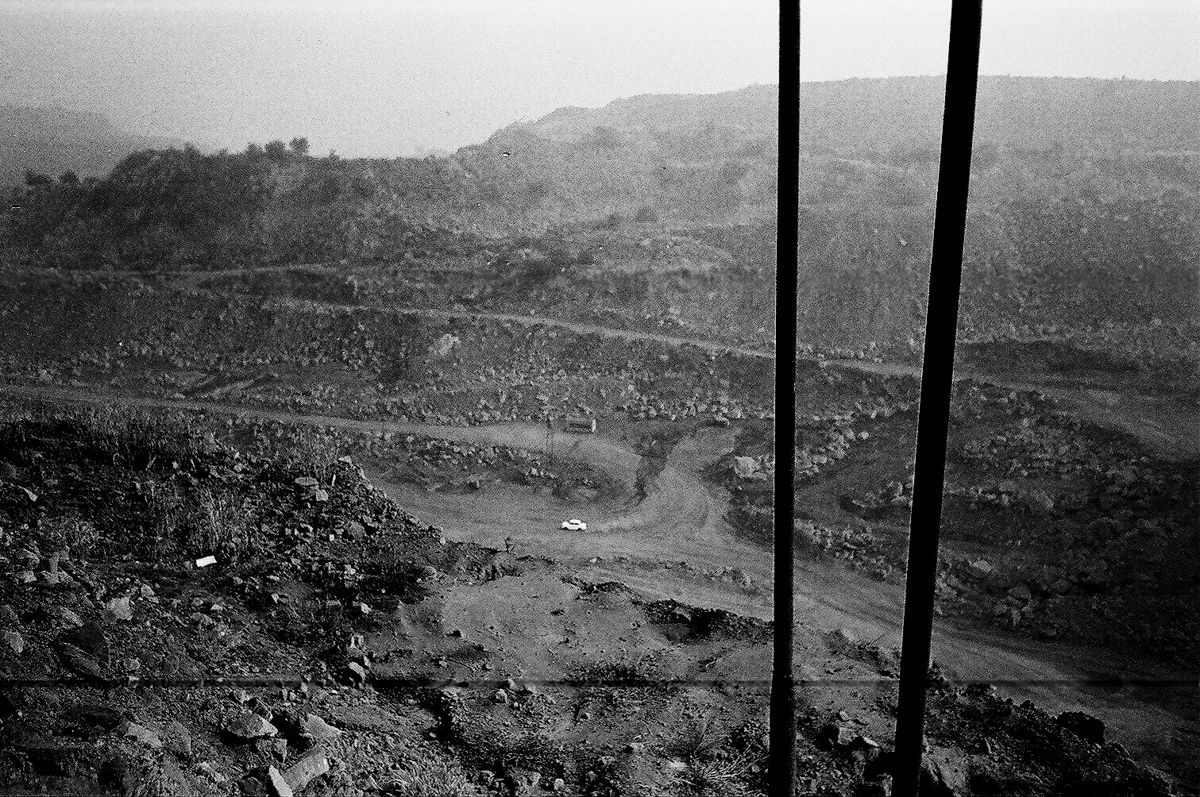Image Courtesy: H. Campino/WLOE
Ahead of the COP26 summit that begins next month in Glasgow, UK, over 120 climate feminist organisations are coming together to push governments and financial institutions worldwide to take urgent action and to include more women leaders in the action for climate justice. The 'Global Women’s Assembly for Climate Justice: Solutions from the Frontlines and the Protection and Defense of Human Rights and Nature' is a gender-diverse, six-day virtual forum (25th-30th September) organized by the Women’s Earth & Climate Action Network, International (WECAN). It will feature hundred climate leaders from forty countries. Sunita Narain of the Centre for Science and Environment from India will also be participating.
The Assembly will bring together grassroots, Indigenous, Black, Brown, and frontline women as well as gender-diverse leaders, global advocates, and policy-makers to speak out against “environmental and social injustice, draw attention to root causes of multiple interlocking crises, and present the diverse array of visions, projects, policy frameworks, and strategies with which they are working to shape a healthy and equitable world.”
The feminist organisations under this coalition are calling for:
- Governments to commit to keeping global warming below 1.5° Celsius, as stated in the Paris Agreement, via policies that simultaneously prioritize social, racial and economic justice for all.
- A transition from an extractivist, colonial paradigm of exploit, extract and decimate to a sustainable, globally-conscious one of respect, restore and replenish.
- Rapidly halting the extraction of oil, gas, and coal and ending all deforestation while building a new economy predicated on community-led solutions.
- Prioritizing the leadership and well-being of women, gender non-conforming people, Black and Brown communites, and Indigenous peoples who are disproportionately impacted by climate change, but also lead the frontlines of systemic solutions.
- Redressing the historical and current harms of racialized labor and resource exploitation.
- Recognizing the inalienable rights and invaluable traditional knowledge of Indigenous Peoples, and following their environmental justice leadership in all climate solutions.
- Governments to respect the right of freedom of expression and peaceful protest, and to immediately halt the criminalization of land defenders, whose efforts are central to a climate-just world.
Why do we need urgent global action?
In order to preserve a liveable planet for ourselves and for future generations, global temperatures should not be allowed to rise above 1.5° Celsius. Climate change has caused devastating floods, cyclones, wildfires, and droughts in the past years. Marginalised populations are being disproportionately affected by these disasters. The new IPCC Sixth Assessment Report affirms that “human influence has warmed the climate at a rate that is unprecedented in at least the last 2000 years”.
What role do feminists play?
According to the Global Women’s Assembly for Climate Justice, the climate crisis, the Covid-19 pandemic, and socio-ecological injustices have emerged from interconnected systems of capitalism, racism, the commodification of nature, colonialism, imperialism, and patriarchy.
“To confront these deepening crises and accelerate a path forward, feminists are drawing attention to the need to have collective coherence to address the protection and defense of human rights and nature and uphold community-led solutions.”
UN figures report that out of the 1.3 billion people living in poverty globally, 70% are women, with 40% of the poorest urban households headed by women. Though women lead the world's food production (50-80 per cent), they own less than 10% of the land. Unequal gender norms and limited access to resources makes women the most adversely impacted by climate change, with 80% of people displaced by climate change being women. Despite being one of the most vulnerable groups, the average representation of women in national and global climate negotiating bodies is below 30%. Empowering women is one of the key solutions to fighting the climate crisis and their leadership is critical to the years ahead. The Global Women’s Assembly for Climate Justice is making a call to women and feminists to stand at the forefront of policy-making and action.
“We are at a choice point for humanity,” said Osprey Orielle Lake, Executive Director, Women’s Earth and Climate Action Network (WECAN). “The most recent Intergovernmental Panel on Climate Change report confirms what we already knew to be true—with no significant action, the climate crisis will continue to escalate quickly.” According to Orielle it is clear that we are in a climate emergency as we are witnessing forest fires burning all over the world, massive flooding, extreme droughts, people losing their livelihoods and lives Activists such as Orielle believe solutions to mitigate the worst impacts exist and women have to lead the way.
The Global Women’s Assembly for Climate Justice has provided a link for those who wish to join the assembly and be part of the fight for climate justice.







